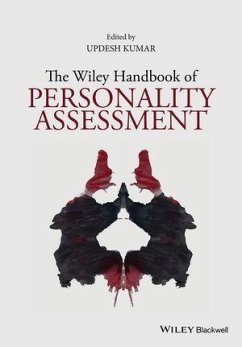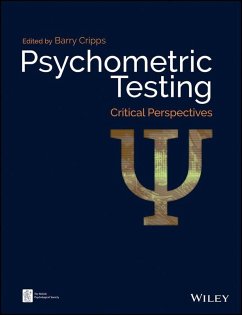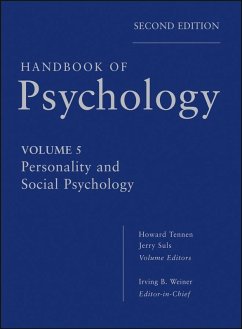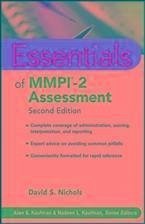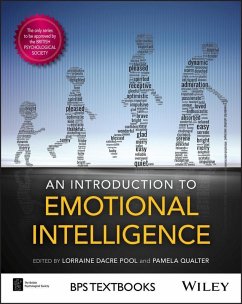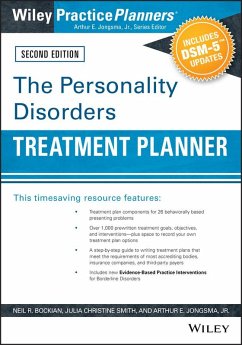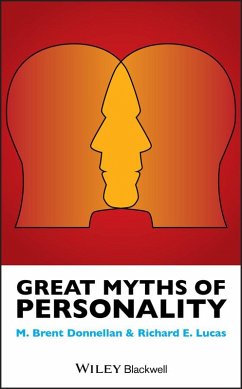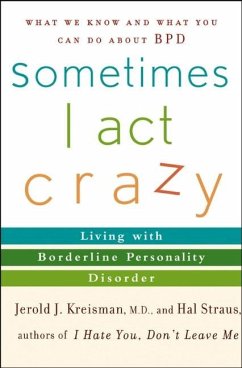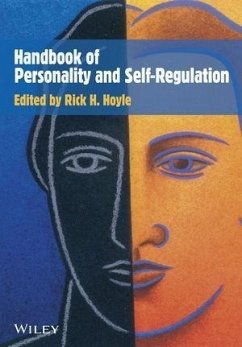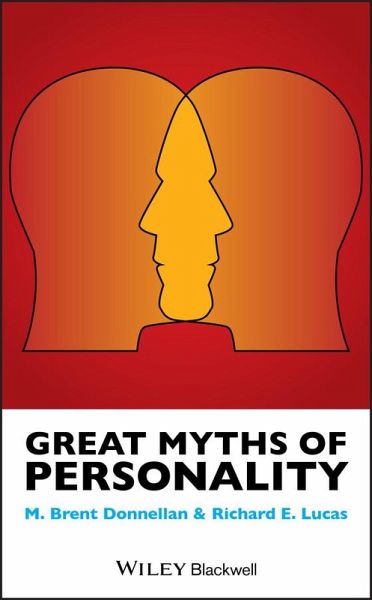
Great Myths of Personality (eBook, PDF)
Versandkostenfrei!
Sofort per Download lieferbar
17,99 €
inkl. MwSt.
Weitere Ausgaben:

PAYBACK Punkte
0 °P sammeln!
Great Myths of Personality teaches critical thinking skills and key concepts of personality psychology through the discussion of popular myths and misconceptions. * Provides a thorough look at contemporary myths and misconceptions, such as: Does birth order affect personality? Are personality tests an accurate way to measure personality? Do romantic partners need similar personalities for relationship success? * Introduces concepts of personality psychology in an accessible and engaging manner * Focuses on current debates and controversies in the field with references to the latest research an...
Great Myths of Personality teaches critical thinking skills and key concepts of personality psychology through the discussion of popular myths and misconceptions. * Provides a thorough look at contemporary myths and misconceptions, such as: Does birth order affect personality? Are personality tests an accurate way to measure personality? Do romantic partners need similar personalities for relationship success? * Introduces concepts of personality psychology in an accessible and engaging manner * Focuses on current debates and controversies in the field with references to the latest research and scientific literature
Dieser Download kann aus rechtlichen Gründen nur mit Rechnungsadresse in A, B, BG, CY, CZ, D, DK, EW, E, FIN, F, GR, HR, H, IRL, I, LT, L, LR, M, NL, PL, P, R, S, SLO, SK ausgeliefert werden.




